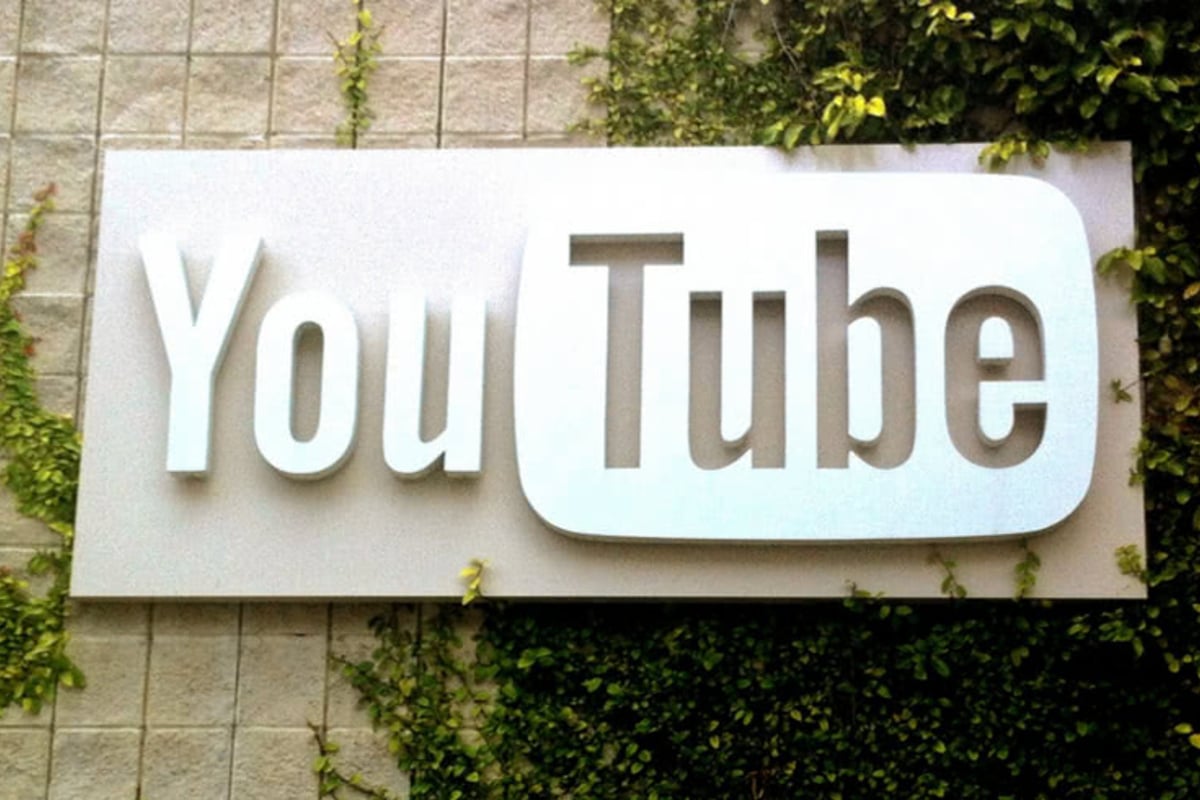UK music biz warns of ‘cultural barbarism’ if European copyright law doesn’t evolve

YouTube, its place in the music ecosystem and the so-called value-gap were issues dissected and studied under the microscope during a series of scholarly panel discussions in central London.
Figures from the European Commission and Parliament and the British music biz took part in the sessions late last week, which were pitched as an exploration of copyright reform and the “transfer of value” and held under the banner ‘PRS Explores: EU Copyright Reform.’

Speakers drilled deep into proposed changes to copyright law in the digital age put forward last September by the European Commission. Those changes, advocates say, would go some way to correcting the miniscule royalties which filter down to creators from the online services which host their music. But not everyone is buying it.
As legislators mull over updates to the EU Copyright Directive, UK Music Chairman Andy Heath warned Europeans could be in for an era of “cultural barbarism,” surely a buzzphrase which begs to bounce around the industry for the foreseeable future.
“It would be disastrous for civilisation,” were the industry’s pleas not headed, he added. “I cannot believe that any parliamentarians arguing for [safe harbour] would expect to go into the butchers and get free meat. Where does their intellectual journey go from that position to the one that everything should be free on the internet? It’s asinine and it’s infantile. I am shocked that there is [even] a debate.”
Mary Honeyball, Labour MEP for London, weighed in: “There is quite a movement – which is represented, though not led by the Pirate Party – that the Internet should be free to everyone, that you shouldn’t charge for anything. It’s out there, and everyone should be able to take advantage of it, without any payment, without any obligation, without anything. I find that very extraordinary, but it is a deeply held belief for lots of people. The other one is that all communication should be done responsibly, and those who are part of the communication process – whichever part of it they are – should have obligations, should have rights and responsibilities, across the whole spectrum, including paying people who partake in that communication in a reasonably fashion.”
Speakers at the event included Ros Lynch, director of copyright and enforcement at the U.K.’s Intellectual Property Office (IPO); Jackie Alway, chair of publishers body the MPA; songwriter and BASCA board member Crispin Hunt; Agata Gerba, acting deputy head of the copyright unit at the European Commission and Robert Ashcroft, CEO of PRS for Music, who referred to his paper, ‘Is Copyright Law Fit for Purpose in the Internet Era?’.
Though YouTube and its behaviour was the common thread to the evening’s discourse, reps from the giant user-generated platform weren’t present, MusicAlly reports.
Also during the event, Hunt accused YouTube of creating a bumping playing field for creators. “There is a standard technical measure, namely the metadata, inside every single MP3; but when that is uploaded to YouTube, YouTube strips all of the data that is already in there – which, as a technical measure, should negate their safe harbour,” he told the audience, MusicAlly reports. “But for some reason they rebrand it with their own particular tagging. Even though we are trying to provide the correct data, those companies are deliberately wiping that data later on.”
The proposed changes to copyright law are currently under review by the European institutions, notes PRS for Music, which organized the debate.
Read more on the session here.
This article originally appeared on The Industry Observer, which is now part of The Music Network.






























